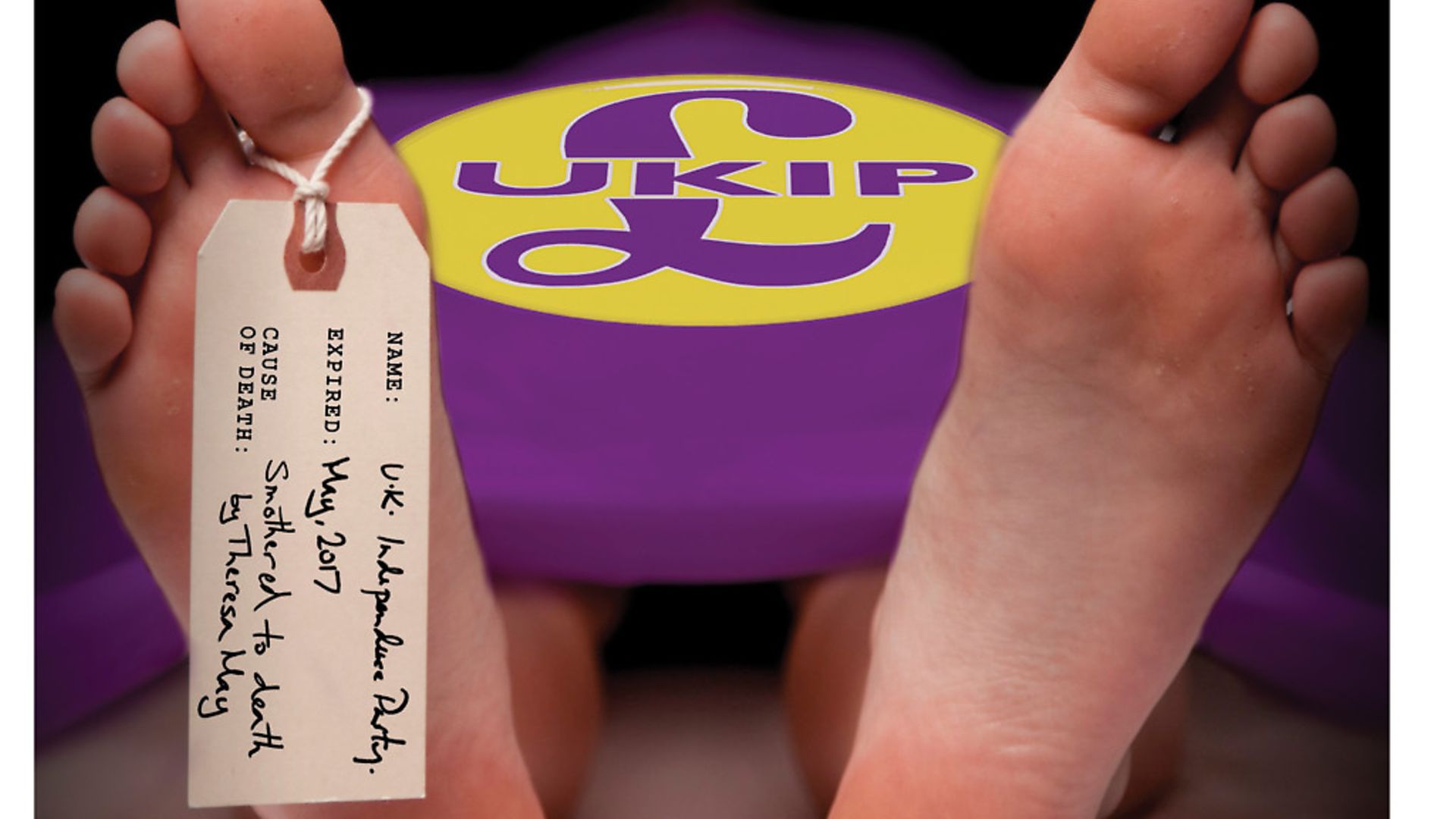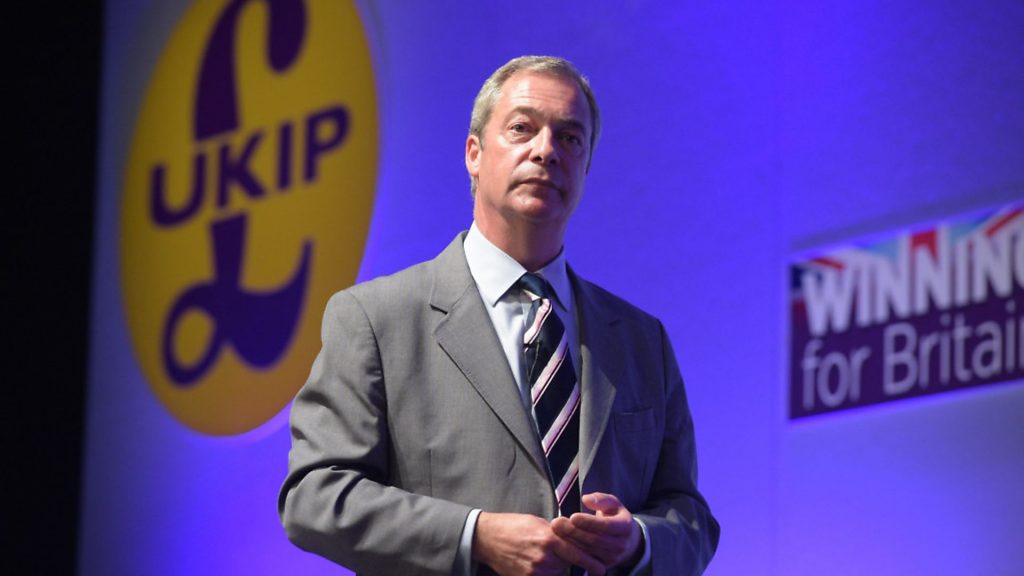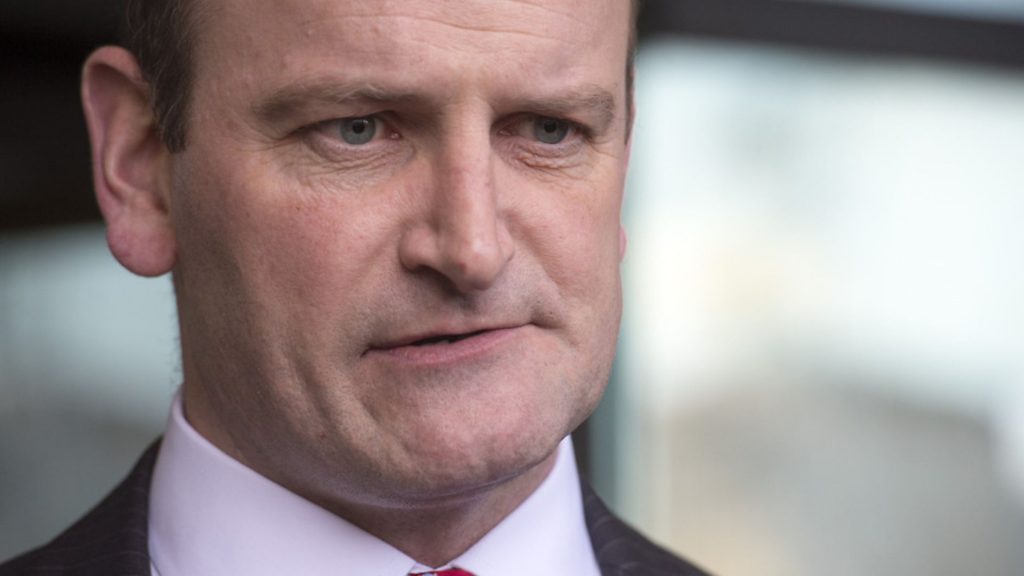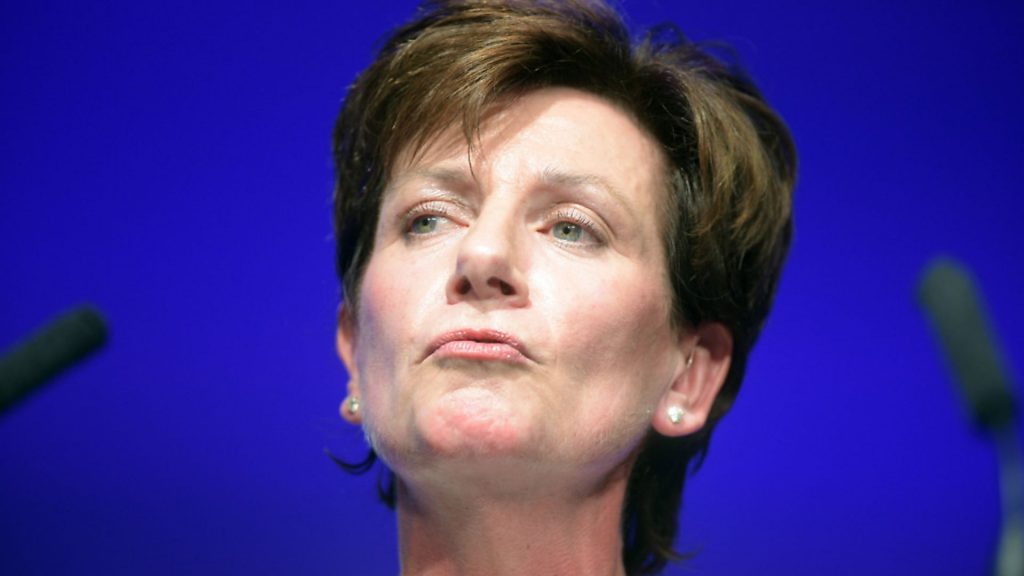
An autopsy of the UK Independence Party

For a party that could rightfully say it changed the very face of British politics, the end was ignominious.
The United Kingdom Independence Party was pronounced dead on the morning of May 5 as results of the local elections flooded in.
Though the corpse may still twitch, the premature (or long overdue?) collapse of all bodily function marks the embarrassing end to a party that once posed an existential threat to David Cameron’s Tories, provoking a referendum, presaging the biggest constitutional conflict in the UK’s history.
This, then, is UKIP’s epitaph. And their autopsy report… for a body eaten alive by a Tory Party hungry for right wing voters.

UKIP was born on September 3, 1993, fathered by Alan Sked, an LSE academic, when he renamed an earlier creation of his, the Anti-Federalist League. From its very first breathe UKIP had a clear purpose and goal in life as a protest against a Conservative Party moving towards further cooperation with Europe, as had just been outlined by the Maastricht Treaty.
A loud and restless child with a glaring motif fashioned to resemble the pound sign, the young UKIP nonetheless sparked interest and affection among many Tory voters – and members – who were unhappy at their party’s direction and still hungered for a half-imagined past.
Two years later, after the Prime Minister John Major silenced his critics by calling – and winning comfortably – a leadership election, there was a growing feeling that those who were anti-European Union were going to have look elsewhere for a party. And that party was UKIP – now a boisterous youth, self-obsessed yet desperate for friends. Many of the Tory right jumped ship, to wave Union flags and dream of a Darling Buds of May vision of Britain that never actually existed. They probably never dreamed UKIP would make anything of itself – but in the halcyon days of its youth the party, to these regressive types, was fun to be around.

It drifted on, through the 1990s, initially overshadowed by the better-funded Referendum Party and hampered by factionalism (something for which UKIP has a particular talent), but without doing enough to frighten the horses.
By contrast, the next decade saw an inexorable growth spurt, the result of a combination of factors: Labour dominance, Tory introspection, the arrival of large numbers of EU migrants and the emergence from the party’s still slim ranks of a politician of genuine charisma – the former stockbroker Nigel Farage.
Here was someone unafraid to spout right-wing rhetoric in the face of the big bad bogeymen of Brussels – and get himself listened to. Amid a party of eccentrics, he was the poster boy. Farage became the gargoyle perched high on the outside walls of Westminster Palace – however many times he tried he never actually managed to get inside – shouting his anti-European bendy banana tropes into the chamber.
In 2010 the precocious party’s General Election manifesto adorned its over-arching Brussels-bashing message with a bizarre and incoherent assortment of pledges: including a promise to make rail travel glamorous again, the scrapping of maternity pay and an insistence on people wearing their finest clothes when they visit the theatre.

To the dismay of the Conservatives, these dog whistle messages resonated with a large proportion of disaffected voters and in 2014 UKIP came of age. That year it won the European elections, becoming the first party other than Labour or the Conservatives to win a popular vote in more than a century, and even got its first MPs, with outspoken Douglas Carswell, then Mark Reckless defecting from the Tories.
By then, prime minister David Cameron had been spooked by UKIP’s aggressive posturing and on January 23, 2013, he all but signed his resignation letter with a speech at Bloomberg: ‘I am in favour of a referendum. I believe in confronting this issue – shaping it, leading the debate. Not simply hoping a difficult situation will go away.’ And with those words – which will surely forever echo around Cameron’s skull – the referendum made it in to the 2015 Tory manifesto.
Many have said the then PM believed he would again have to form a coalition in 2015 so therefore thought he could put off the referendum by blaming the Lib Dems for blocking it. Others claim it was more simple than that and Cameron was a risk-taker determined to crush the argument over Europe which had dogged the right for decades, and of which UKIP was the most obvious manifestation.
Meanwhile, UKIP itself had eyes not just on taking votes from the right, but also the left. It was not too long ago that political pundits were full of predictions that the party could capitalise on disaffection with Labour in working class communities, while still eating away at the Tory vote in southern constituencies. In a byelection in 2014, the party’s candidate even came within 618 votes of taking Heywood and Middleton, in Greater Manchester. But despite Labour’s continuing travails, as last week’s results showed, that strategy came to nothing – typical UKIP, all talk no brain. And with its total eclipse by the Tories on right, UKIP dropped dead on May 5, riddled with disease, illness and hatred.
For some the death was a shock but, as this post-mortem examination can reveal, the signs of decline have been apparent since June 23 last year. The EU referendum fulfilled the party’s raison d’etre. It was this vote which doomed UKIP.
While there were some early clues about its precipitous decline (remember Diane James’ 18 days as leader last autumn?), the clearest sign it was terminal was the decision of Libertarian Carswell (its only MP, after Reckless lost his seat in 2015) to quit, saying that now he was certain Brexit was going to happen he saw no reason to continue in the party. The voters evidently agree.
‘UKIP is dead,’ Carswell told The New European. ‘It is over for the party as a political force. In reality it was a one issue cause and members and voters who used UKIP to be heard on Europe don’t need it anymore. They see Theresa May as getting on with Brexit so what is the point of UKIP?
‘When I go about my business in Clacton – where I won twice for UKIP – no-one even talks about the party anymore. There are no more Kippers it seems. It is quite as simple as that.
‘There will no doubt be huge over analysis of why voters are leaving UKIP, like we have seen at the local elections and I have no doubt will be repeated at the General Election. The truth is that there is no purpose for the party anymore.
‘Some people in the party saw this coming, some people told me they thought it would be better for UKIP if Leave had actually lost the referendum. What we might well have seen then was something similar to what has happened in Scotland with the SNP – frustration politics. Basically the protest would have continued and the resentment grown. My belief now, and then, was that would have been disastrous for the country and I am very pleased it did not happen.’
But Carswell does believe UKIP had a chance to become something more than just a party that grabbed anti-Europe protest votes. There was a small moment in time when the infection which would finish UKIP could have been cured, he thinks. And he is adamant that moment was after he became their first ever MP in at a byelection in October 2014.
During his acceptance speech he called for UKIP to change to have broad appeal. ‘Our strength must lie in our breadth. If we stay true to that there is nothing that we cannot achieve. Nothing we cannot achieve in Essex and East Anglia, in England and the whole country beyond.’
And speaking to reporters, he added: ‘The idea that we are the Tory party in exile – that myth died this evening. We are a different party that stands for all Britain and all Britons – disillusioned former Labour voters who have given up on politics altogether, every bit as much as for traditional Conservative voters. This is something new, this is something different.’
His triumph was on the same day the party came so close in Heywood and Middleton, and the strategy of targeting both main parties in their own backyards seemed to be on. So what went wrong? ‘You can lead a horse to water but you cannot make him drink – that was UKIP’s downfall,’ Carswell says. ‘We needed to seize that chance and think about what might happen after a referendum – we didn’t. We failed.’
In truth, though, this was never an option. For what really did for UKIP was a pathological absence of actual brain power or intellectual grounding, beyond a series of ill-thought out slogans and often conflicting policies.
Carswell himself typifies the clash of (or lack of) ideas, and personalities that meant the party was always doomed. For him, UKIP was a vehicle for his long-held eurosceptic views. But he had no truck with much of the party’s other obsessions, like immigration – he described Farage’s ‘breaking point’ posters as ‘morally indefensible’ – and the tensions between him and other personalities in the party expose the conflicting tensions (and egos) that have done for UKIP. Revealingly, he is far more hated in certain sections of UKIP, than in the Tory party from which he defected.
Farage not surprisingly offers a different critique to his foe Carswell – perhaps still piqued by the former MP’s failure to get him a knighthood. ‘To say that we missed an opportunity to expand our appeal is utter nonsense,’ he says. ‘Yes we may have been built on the back of one issue but it is the most important issue facing this country for many decades.
‘We have, and had, plenty of policies aside from Europe – many which have been taken up by other parties. Look at reinstating grammar schools, for example, which I was arguing for long before the Tories.
‘No-one knows what is to come in the next few years. That is why the 52% have to keep the pressure on Theresa May. Although we won the Brexit battle there is still work to be done. I think we will be around for some time to come yet – don’t write UKIP off.’
Another pledge of Farage’s that we don’t need to put too much store by. UKIP will never have another MP, their membership will dwindle and their funds will dry up. Of course by 2019, once the Brexit process is complete, they will no longer receive any EU funding for staff.
If Theresa May does get a stranglehold on power on June 8 she will have the opportunity to set out a vision outside Europe that Kippers can get behind. If they haven’t already, they will return home after Brexit. And, even more significantly, Labour voters will follow them. For UKIP’s dying legacy to British politics has been to act as a gateway for Labour voters to move to the Conservative Party.
Reader in Politics at the University of East Anglia, Dr Chris Hanretty agrees UKIP is a busted flush in Westminster politics – but thinks their voice may rumble on for a few years yet at a local level even if influence wains.
‘UKIP were a victim of their successful message on Europe, there is no doubt,’ he said. ‘At the right times they connected with people but when it was vital to do so for their future beyond the referendum they could not. If we had doubted it we should not anymore – UKIP was and remains a one-issue movement.
‘Carswell saying the party should broaden out in 2014 could be viewed as a missed chance – but his vision of a 19th century Liberal Party was never going to stick.
‘Populist parties need a supposed ‘corrupt elite’ to rally against. For UKIP that was bureaucrats in Brussels – but they have solved that problem. Without their enemy they are not nearly as influential as they once were.’
Whatever Farage might spout, UKIP can surely never recover. Its local powerbase is destroyed and disgruntled and but for a handful of dedicated activists it appears unlikely they will stand candidates in the types of numbers they have before.
For Farage, financier Arron Banks and their ilk it doesn’t matter – they won’t shed any tears at the passing of an old friend. They probably won’t even attend the funeral. Much like Carswell, they can take the view that UKIP’s usefulness is over.
And for those who found UKIP’s outlook divisive, disastrous, demeaning and frankly disgusting there will be no celebration either. Before UKIP died it infected the Conservative Party, the very movement that helped spawn it and finally gobbled it up. In Theresa May’s Hard Brexit the spirit of UKIP will, tragically, live on.









